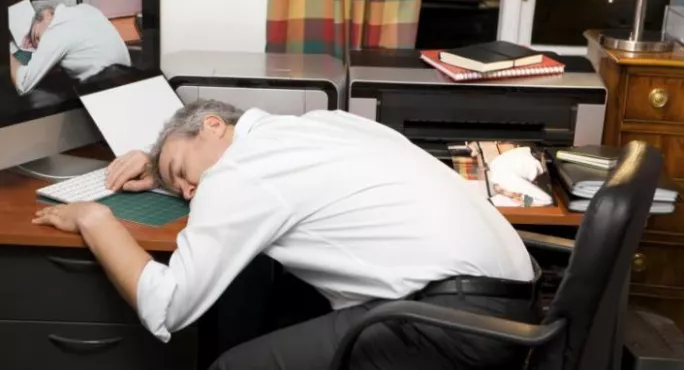- Home
- Why do teachers work more overtime than anyone else?
Why do teachers work more overtime than anyone else?

UK teachers work more than a day of unpaid overtime every week - the most of any sector.
That’s what research published by the Trade Union Congress at the beginning of this month found, with teachers putting in the equivalent of 9 million hours of free labour every week.
Teaching is, of course, not the only profession where people have to work hard.
Need to know: The recruitment and retention strategy
Analysis: England needs 47,000 extra secondary teachers
Read: Job stress higher for teachers than other professions
So what is it about the occupation which means that teachers put in so much unpaid overtime? More than chief executives, lawyers, hospitality, catering managers and “functional” managers in finance, marketing or personnel, according to the TUC figures.
The real reasons behind teacher workload?
To find out, Tes spoke to the leaders of two of the country’s education unions.
Geoff Barton, general secretary of the Association of School and College Leaders, said that some overtime has always been built into the British teaching profession.
“By definition, teaching demands that you do certain things when the children aren’t in the room,” he says. “That is to prepare the lesson [before], and then to do the marking... a retrospective act.
“At a time when the expectations are that we plan more carefully and give better quality feedback… the only place that can end up taking place is through overtime - people working at home, before school and in the evenings.”
That’s not to say that there aren’t other models of teaching elsewhere in the world. Mr Barton points to Shanghai in China, where teachers spend half their time in school doing things other than teaching.
While some work outside of school might be inevitable under the current configuration of the British school system, there’s a widespread feeling that the situation is exacerbated by other factors.
Mary Bousted, joint general secretary of the NEU, blames school accountability. “So much of that [overtime] work is not professionally effective, is not designed to raise standards of teaching and learning, isn’t done for the teacher… it’s done for accountability purposes,” she said.
Dr Bousted pointed out that this was recognised by the government back in 2016, when Nicky Morgan, then education secretary, accepted the findings of the Workload Challenge, which included a recommendation that the accountability system “must encourage good practice rather than stimulate fads”.
The Workload Challenge also had recommendations for Ofsted; for example, that it should monitor its inspection reports to ensure that no particular marking or planning methods were praised as exemplars. Dr Bousted still thinks that much of the overtime stems from our inspection system. “In the end, I’m afraid it is still the case that the catalyst behind that is Ofsted,” she said.
While the inspectorate has “very belatedly seen the light” on the issue of workload, she believes that in our “high-stakes” accountability system, heads will “continue to demand that the work is gold-plated” to stay on the right side of inspectors.
Mr Barton agrees that accountability is an important factor, citing the findings of the Department for Education’s workload advisory group, chaired by Becky Allen, which recommended slimming down the data burden on schools.
He said that the accountability system adds “a layer of auditing”, which means teachers are not “just planning and marking for the children”, but doing work “either for inspectors or because of the management of the school”. “We really do have to try and dismantle as best we can” this “audit culture”, he added.
Both Mr Barton and Dr Bousted also think that changes to curriculum and qualifications assessment have added to the overtime burden.
“The government generated initiative after initiative, completely changing the curriculum, the qualification system, without any thought about teacher workload,” Dr Bousted said.
Mr Barton added: “The more there are changes in qualifications and schemes of work and so on, the more you cannot simply rely on what you’ve done before.”
While the government has announced a moratorium on further changes until the end of this Parliament, Mr Barton said the earlier reforms were “still working through the system, and people will still be preparing past papers, preparing schemes of work for youngsters on topics they are perhaps less familiar with themselves”.
Finally, Mr Barton thinks that teaching has still yet to make full use of workload-saving technology. “Unlike other professions, we haven’t been very good at genuinely embracing technology,” he said.
With Damian Hinds identifying this as one of his objectives at the very beginning of his tenure as education secretary, this is at least one area where Mr Barton is hopeful. “I think we’re only just now starting to recognise that artificial intelligence and some other parts of technology could actually be doing some of the heavy lifting… We’re now at a point where we’re acknowledging that we have to do something different about that,” he said.
Keep reading for just £1 per month
You've reached your limit of free articles this month. Subscribe for £1 per month for three months and get:
- Unlimited access to all Tes magazine content
- Exclusive subscriber-only stories
- Award-winning email newsletters



